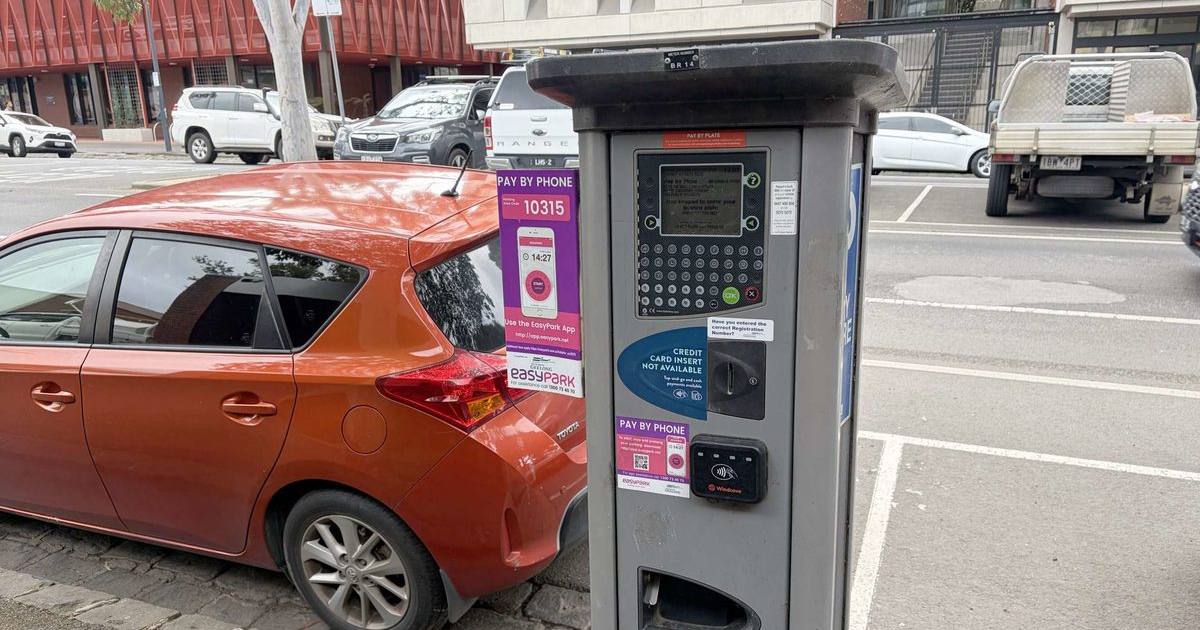Density limits and most QR check-ins to be scrapped
VENUE density quotas will be scrapped and Victorians will no longer be required to check into retail, schools and workplaces using QR codes, under fresh changes to COVID-19 restrictions.
Premier Daniel Andrews announced some restrictions will be eased from 6pm tomorrow (Friday, February 18) as the state’s Omicron wave begins to ease.
“Density limits in hospitality and entertainment venues will be gone,” he told reporters today.
“QR check-in requirements will be removed for retail venues, schools, included early childhood educations, and in many other workplaces.”
However, patrons at restaurants and pubs will still be required to check in using a QR code, to ensure those attending are double dose vaccinated.
Additionally, surveillance testing in some key industries will no longer be required and hospital bubbles will be removed.
School students and staff will still be required to undertake fortnightly rapid antigen tests, Education Minister James Merlino said.
International arrivals will no longer have to obtain an international arrival permit and unvaccinated international travellers will have their quarantine period halved from 14 to seven days.
The changes come as the state posts nine deaths and 8501 new COVID-19 cases, including 5661 through rapid antigen tests and 2840 from PCR tests.
Active cases continue to tumble, dropping from 50,967 to 50,042.
There are 401 people with the virus in Victorian hospitals, up four from Wednesday’s number. Of these, 78 COVID-19 patients are in intensive care and 16 require ventilation.
The Victorian government is set to meet with industry leaders tomorrow to discuss how public and private sectors will approach a return to the office as part of a regular information sharing forum.
“We have regularly engaged with business and industry throughout the pandemic. This has included forums, roundtables and one-on-one discussions,” a government spokeswoman said.
Meanwhile, the COVID-19 oversight committee is sitting for the second time since its creation today, as part of the state’s controversial pandemic laws, which passed parliament last year.


















